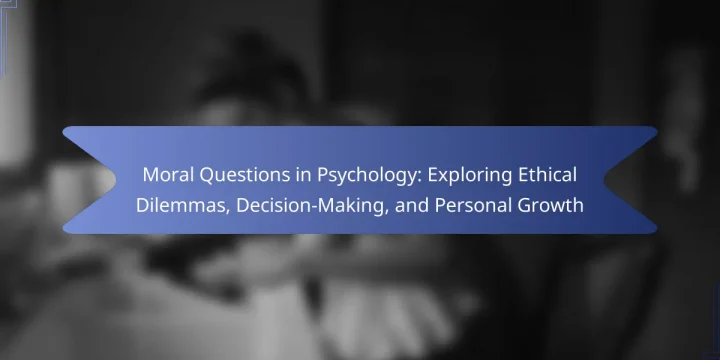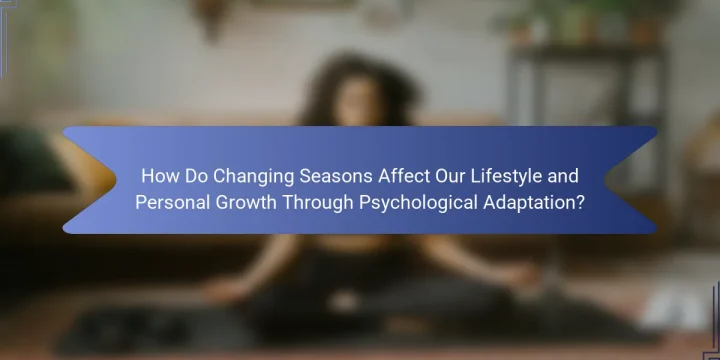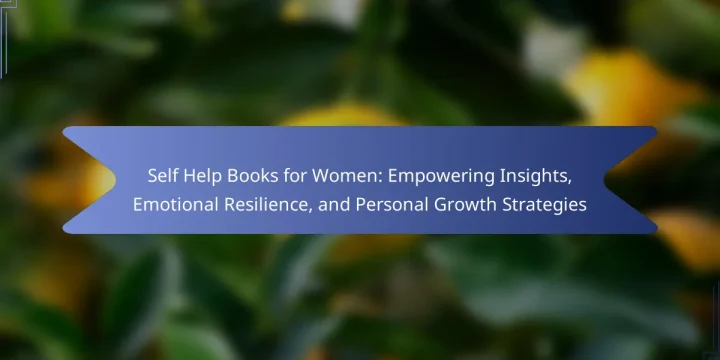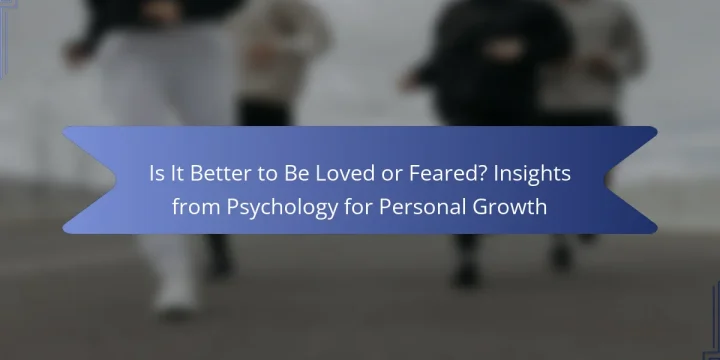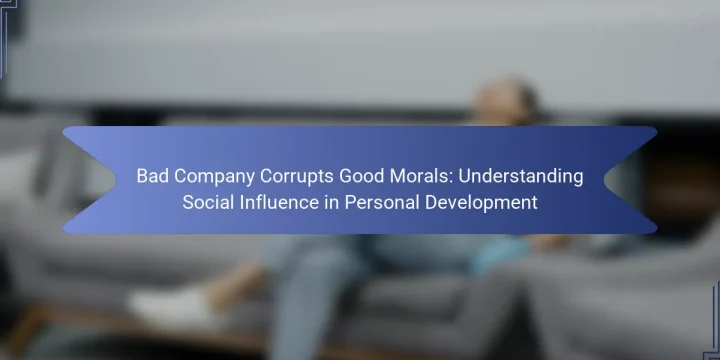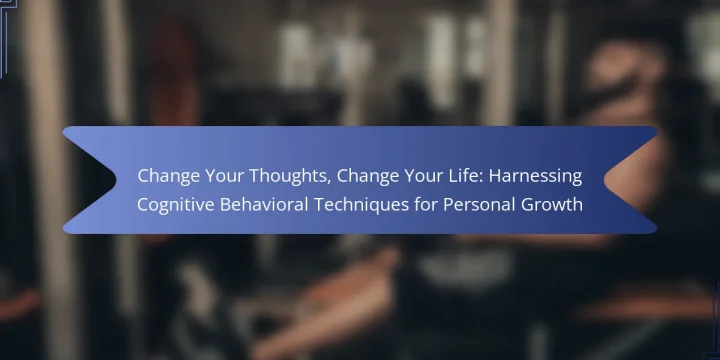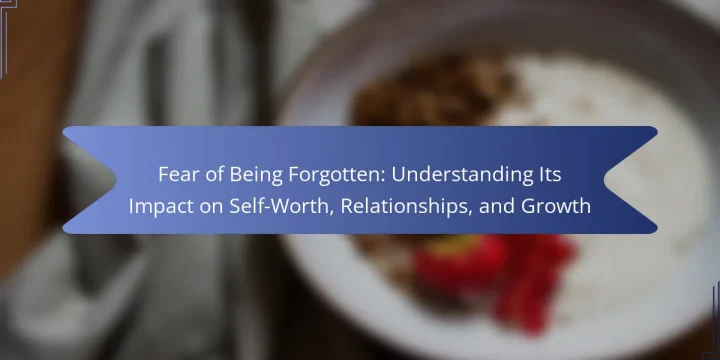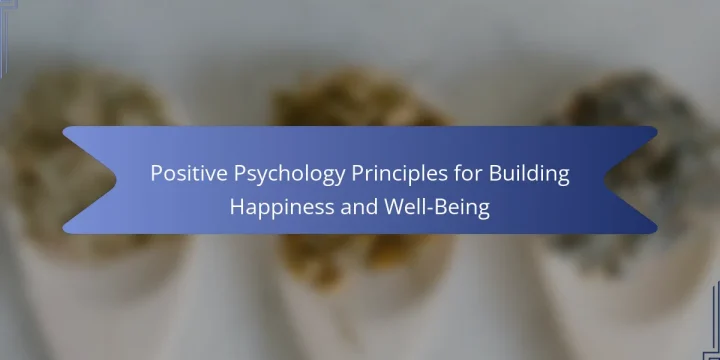
Positive psychology principles can significantly enhance happiness and well-being. Key aspects include cultivating positive emotions, engaging in meaningful activities, and building strong relationships. This approach emphasizes individual strengths and resilience while addressing cultural influences on happiness. By implementing these strategies, individuals can foster a more fulfilling and satisfying life. What are the foundational principles of positive psychology for happiness and well-being? Positive psychology focuses on enhancing happiness and well-being through key principles. These include the cultivation of positive emotions, engagement in activities that foster flow, building meaningful relationships, and promoting a sense of purpose. Each principle contributes uniquely to overall life satisfaction. For instance, fostering positive emotions can lead to improved mental health, while meaningful relationships provide social support essential for resilience. Engaging in purposeful activities enhances motivation and fulfillment.…
